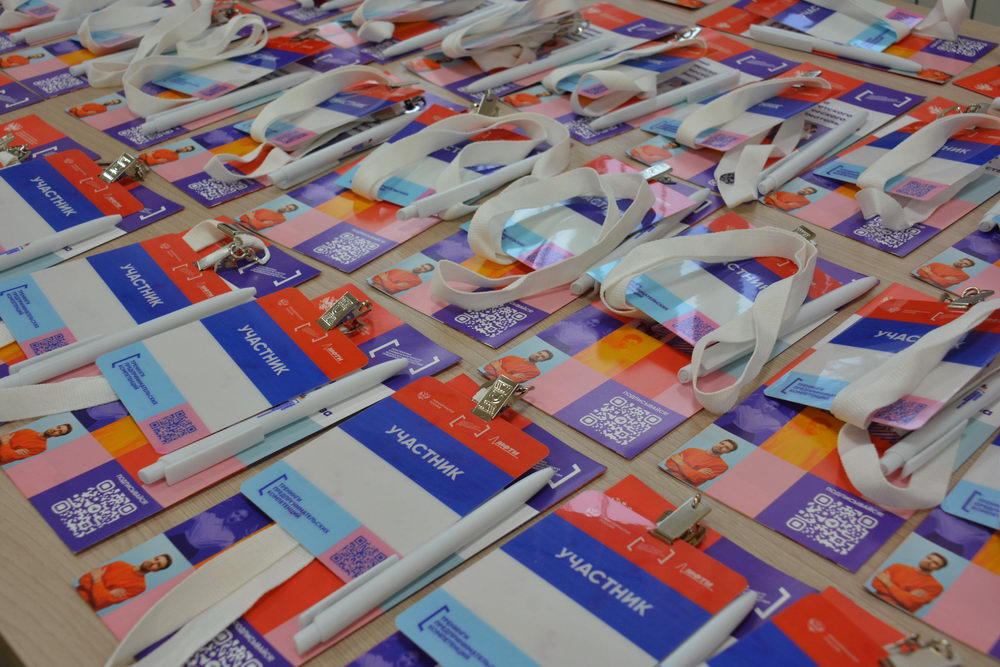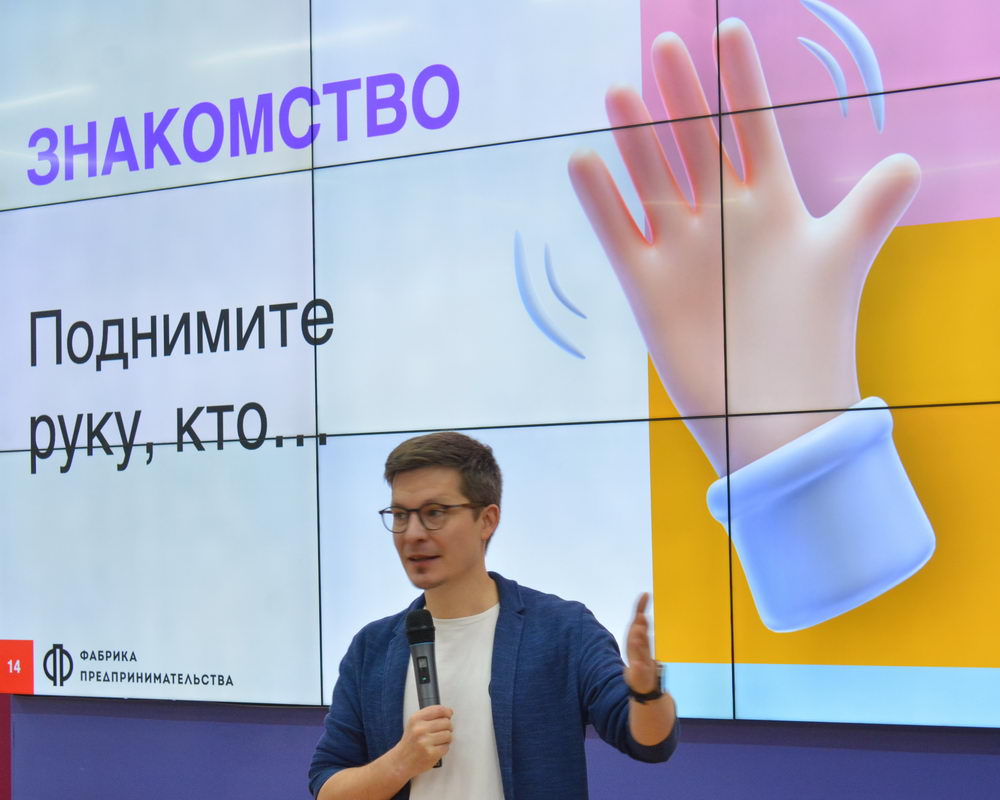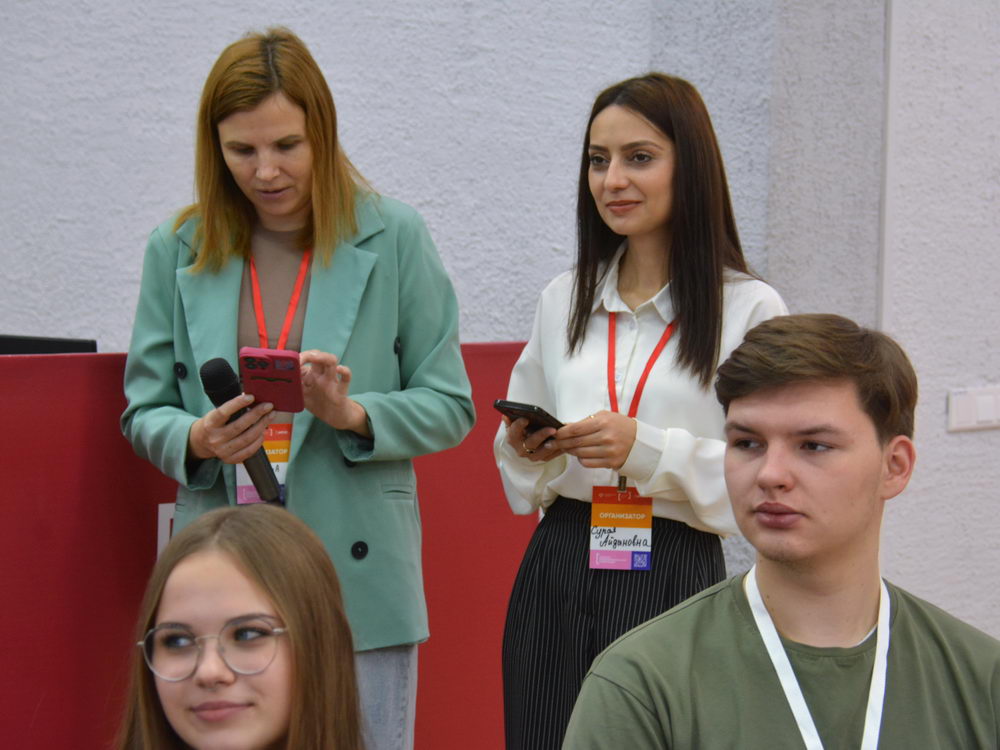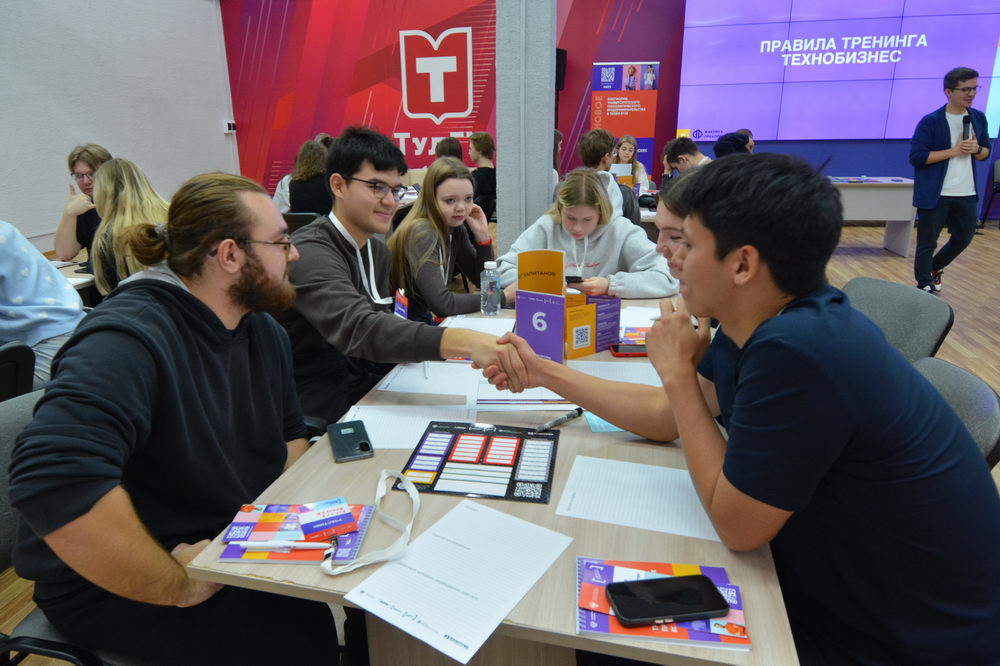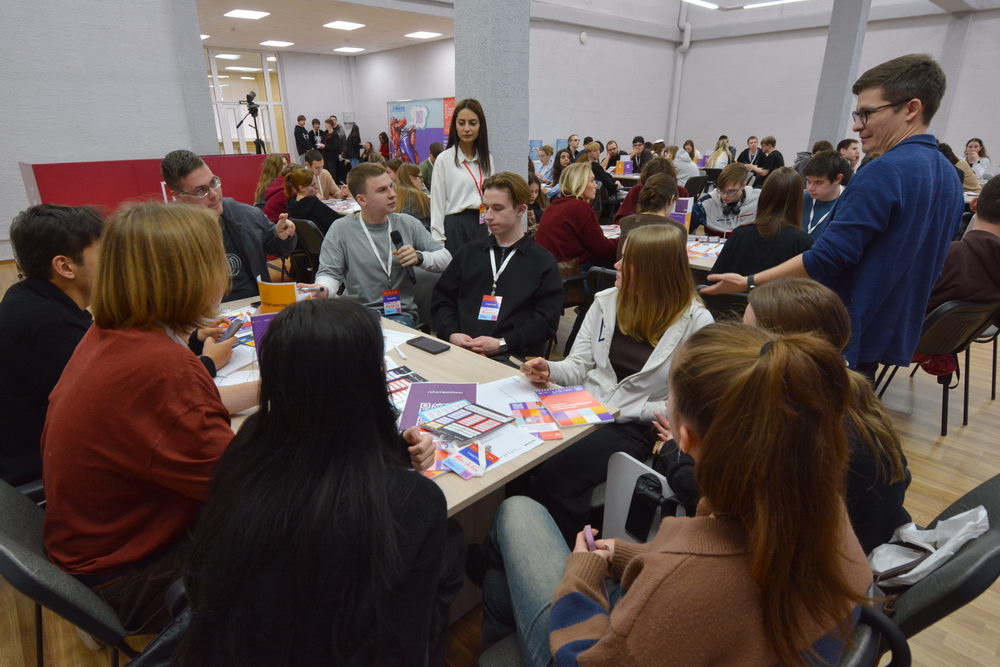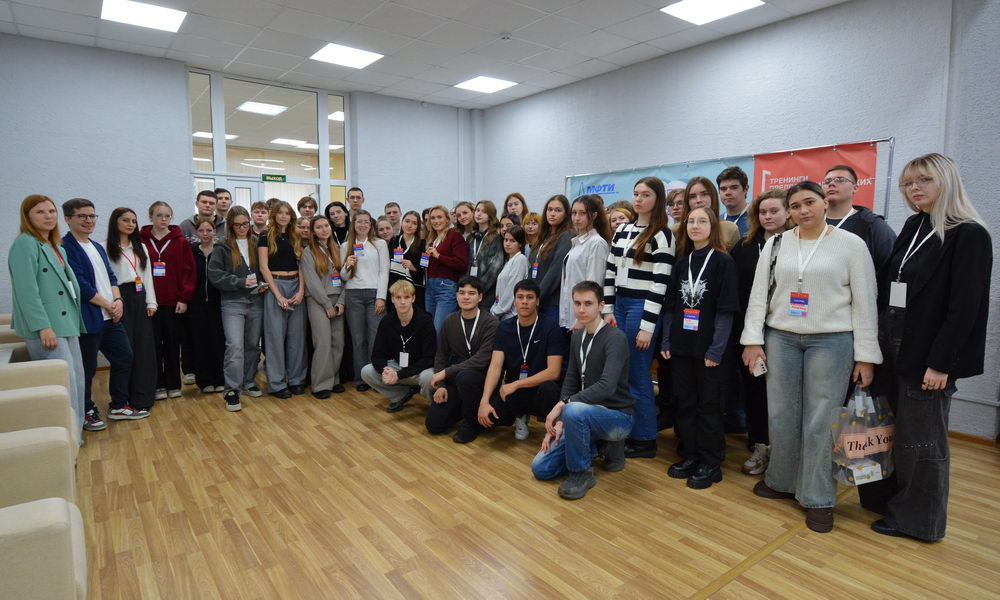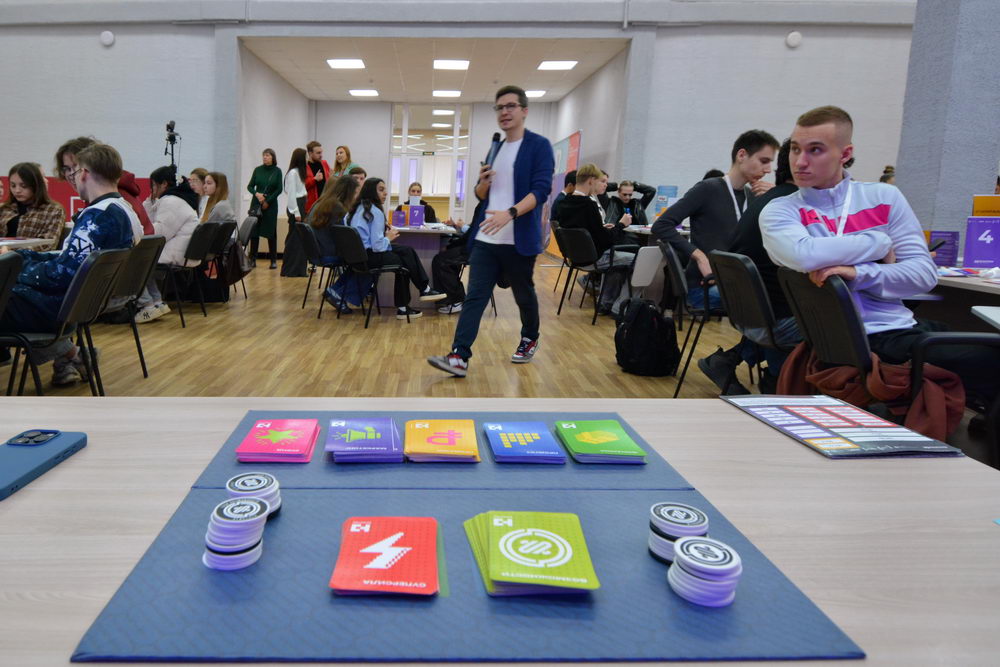- 12.11.2025 11:55
From Idea to Implementation
On November 12, Tula State University held the fifth and final entrepreneurial competencies training of the fall season.
Such events are held at our university as part of the "University Technological Entrepreneurship Platform" project, part of the Russian Federation's state program "Scientific and Technological Development of the Russian Federation."
The Moscow Institute of Physics and Technology is the training provider.
First- and second-year students from all Tula State University institutes gathered at the BioChemTech Research Center that day.
Acting Director of the Startup Studio, Suraya Aidynovna Pashayeva, addressed the students with a welcoming speech.
"Entrepreneurship isn't just about money. It's a way of thinking!" she said. "And entrepreneurship begins with an idea and its analysis. Generate your ideas, guys, and we'll help you develop your entrepreneurial potential. That's what the Tula State University Startup Studio does. Business games, webinars, master classes, intensive courses, meetings with experts, participation in international championships and acceleration programs, consulting support for grant applications—all this and much more awaits you if you become part of our team. Today, you've only taken the first step. But it's still significant, because today, after the training, you'll leave us with new ideas!"
Rustam Eldarovich Timerbaev, a Kazan guest trainer at the Entrepreneurship Factory, co-founder of the IT company Business Simulator, accredited startup project tracker, certified financial advisor, and business process consultant, led the gamified training session "Technological Entrepreneurship" for students. He was assisted by Tatyana Nikolayevna Kulesheva, a specialist at the “My Business” Center.
"We will walk the path of a technology entrepreneur together," he promised the students. "You will create a virtual business model, close to the real market, and manage finances, sales, marketing, operational efficiency, and development strategy."
All students were divided into eight teams of companies and assigned roles. Each team consisted of a team leader (captain), project manager, technical director, financial director, marketer, and sales specialist.
The students were tasked with scaling their company and leading it through crisis situations, competing and collaborating with other companies in a competitive market. They made all their decisions through case studies using artificial intelligence.
"Basically, we have to cover two years of entrepreneurial activity in the time allotted to us," Rustam Eldarovich emphasized. "So the training can safely be called an immersive event. It will help you understand how close entrepreneurship is to you and whether it's even your thing."
All teams actively participated in the work.
After completing the training, participants received certificates.
Tatyana Krikunkova
Photo by Mikhail Gindin


